New Delhi: Germany continues to strengthen its appeal as a preferred destination for Indian students seeking high-quality, affordable, and globally recognized higher education. In a press briefing held on 10th June, 2025, hosted by Dr. Philipp Ackermann, Ambassador of the Federal Republic of Germany to India, key stakeholders emphasized the country’s commitment to academic excellence, public education, and inclusive policies for international students.
A Public Commitment to Accessible Education
With German public universities offering affordable, high-quality education, Germany is fast becoming one of the most attractive study destinations globally. According to Dr Ackermann, more than 50,000 Indian students are currently studying in Germany, and the number is increasing every year.
“Education is a public good in Germany, and therefore our universities have minimal tuition fees,” said Dr. Ackermann. He highlighted that this foundational principle makes Germany a compelling alternative for Indian students facing increasing uncertainty around admissions and visa processes in other countries.
World-Class Institutions and Industry Integration
Representatives from top-tier German institutions, including Dr. Elizabeth K. Songate, Country Officer at the University of Göttingen; Himanshu Chawla, Head of RWTH Aachen University; Dr. Suboor Bakht, Director of Heidelberg University (South Asia Centre); Nitij Singh, Representative from Hertie School India; Dr. Amisha Jain, Head of Regional Office-India & South Asia, University of Cologne; Vibhuti Sukhramani, Regional Coordinator, Freie University of Berlin; and Dr. Poonam Sehgal Suri, Representative, Max Planck Research Society, emphasized the range of academic programs and research opportunities available.
“Germany is a reliable partner for India when it comes to academia and research,” said Dr. Ackermann. “Our universities maintain strong collaborations with industry, offering students exposure to real-world challenges and innovation,” emphasised Himanshu Chawla, Head of RWTH Aachen India Office.
Addressing the Language Barrier Issue
To overcome language barriers, German universities now offer more than 2,300 academic programs in English, particularly in STEM fields. “We are working to expand offerings in the social sciences as well,” said Dr. Katja Lasch, Director of the DAAD Regional Office New Delhi.
She added that Germany is now among the top five education destinations for Indian students, with applications growing by over 30%. The post-study work environment is also attractive, with graduates being granted an 18-month residence permit to find employment after completing their degree, highlighted Dr. Ackermann.
Stable Policies and Long-Term Opportunities
Addressing concerns around visa and citizenship policies, Dr. Ackermann reassured that Germany remains committed to stability and openness. “Our policies won’t change. We are not erratic in our policies like other countries,” he stated. He also clarified that there has been no ‘U-turn’ on citizenship access, with the standard residency requirement for naturalization now extended to five years, with the ‘fast-track’ route now abolished.
Career Opportunities
According to the representatives, with its strong demand for IT and engineering professionals, Germany offers promising career paths for STEM graduates, particularly. Additionally, while Germany is working to introduce more English-taught courses, Dr. Ackermann emphasized that proficiency in German remains essential for those planning to enter the local labor market. “Students who wish to enter the German labour market after graduation are encouraged to learn German,” he added.
Practical Advice for Aspiring Students
Dr. Ackermann strongly urged Indian students to steer clear of enrolling in private universities through education agents. While many of these institutions may be physically located in Germany, they are often operated by entities based in countries like the UK, Poland, or Italy, and tend to charge excessively high tuition fees. Agents facilitating these admissions also demand steep commissions, adding to the overall cost burden on students. Instead, he recommended that students explore state-run German universities directly through their official websites. These public institutions, much like government-funded universities in India, are not-for-profit and uphold the principle of education as a public good, offering high-quality education at minimal or no tuition cost.
Germany’s consistent policies, public investment in education, and welcoming stance towards international talent present it as a powerful academic partner for India.





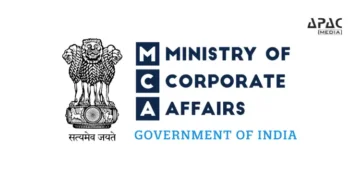



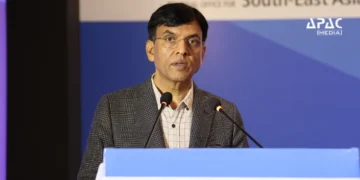









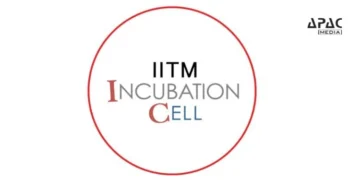








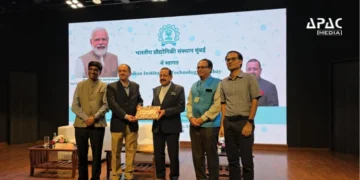
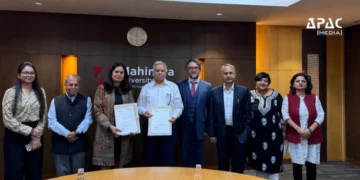




























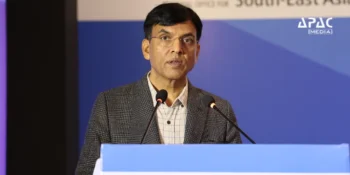

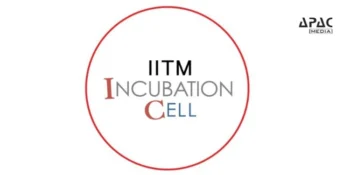








Discussion about this post